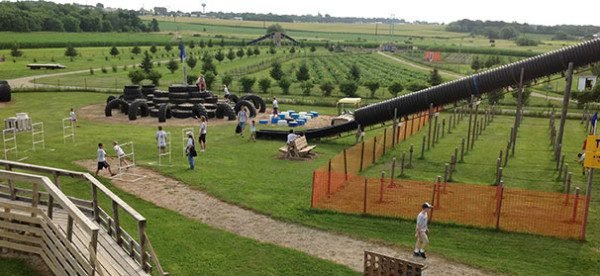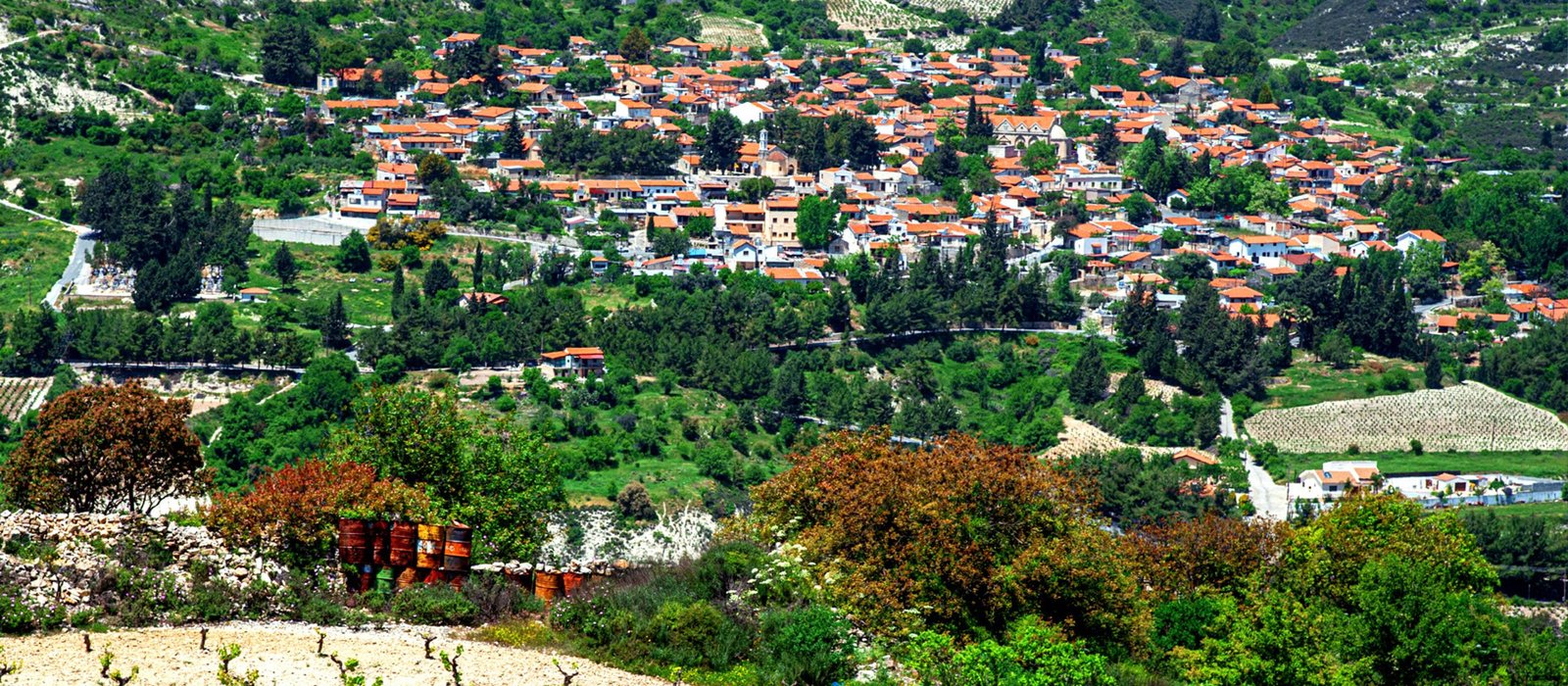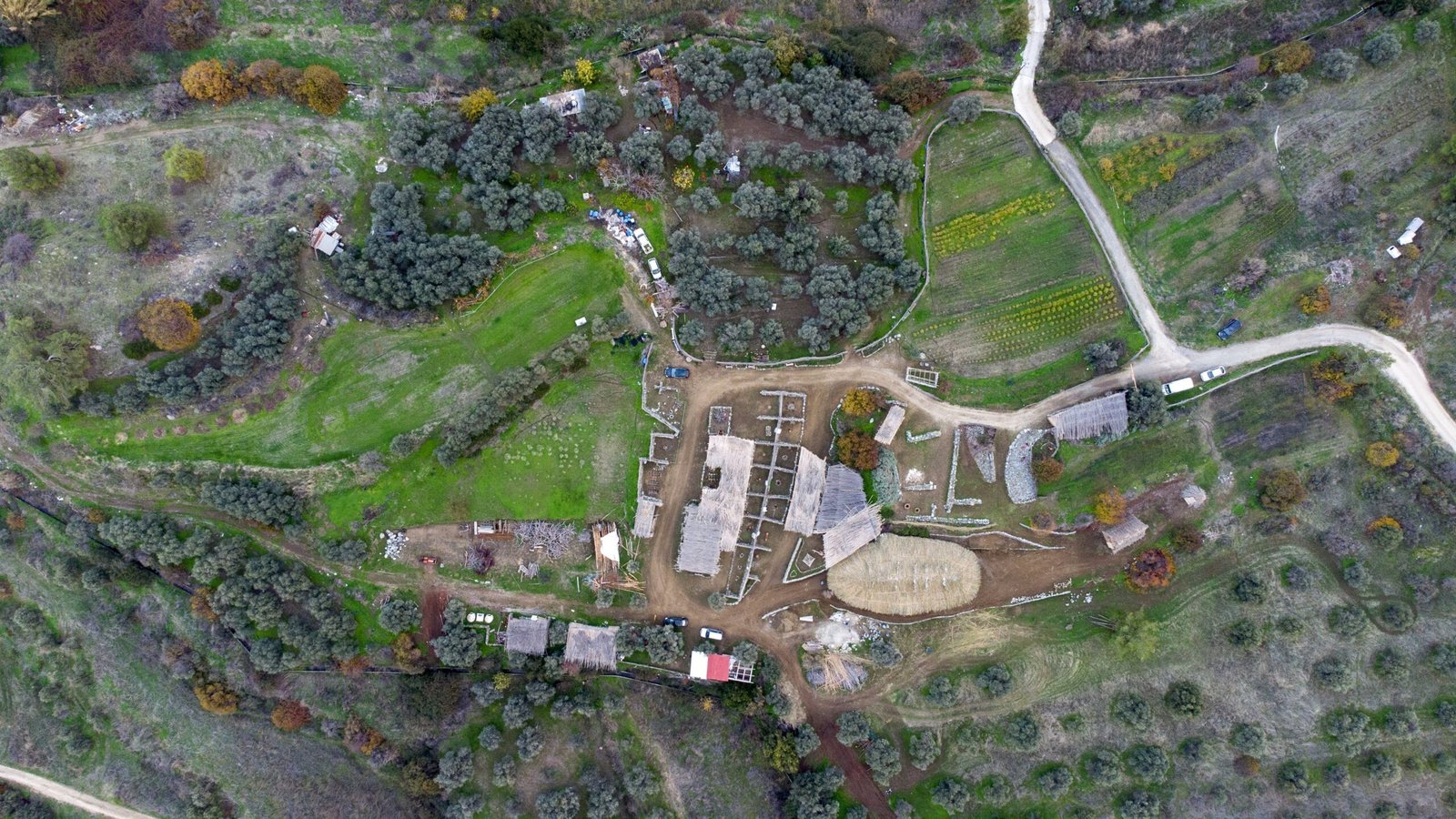Agrotourism in Cyprus is more than just a way to explore the island’s stunning countryside. It plays a vital role in supporting local communities by preserving cultural heritage, promoting sustainable practices, and boosting local economies. When travelers engage in agrotourism, they directly contribute to the livelihoods of Cypriot farmers, artisans, and small businesses. This article explores how agrotourism supports local communities in Cyprus and why it’s a win-win for visitors and residents alike.
1. Economic Benefits of Agrotourism
Empowering Small Businesses
One of the most significant ways agrotourism supports local communities in Cyprus is through its economic impact. Many small villages across the island rely on tourism to sustain their local businesses. Agrotourism brings visitors directly to these areas, where they can purchase locally-made products, enjoy farm-to-table meals, and book accommodations in family-run guesthouses. This influx of income helps sustain small farms, local markets, and traditional craftspeople.
Job Creation and Growth
Agrotourism also creates jobs within the community. Whether it’s through guiding tours, managing accommodations, or providing culinary experiences, locals benefit from the additional employment opportunities. As the demand for authentic, rural experiences grows, more locals are getting involved in various aspects of the tourism industry, boosting the overall economic health of these regions.

2. Preserving Cultural Heritage
Keeping Traditions Alive
Cyprus has a rich agricultural heritage, and agrotourism helps preserve these age-old traditions. Visitors have the opportunity to learn about traditional farming techniques, food production, and artisanal crafts that have been passed down through generations. By engaging with local farmers and artisans, tourists help keep these practices alive.
For example, many agrotourism tours offer hands-on workshops in bread-making, olive harvesting, or pottery. These interactive experiences not only provide tourists with unique insights into Cypriot culture but also ensure that traditional knowledge is passed on to younger generations, preserving the island’s cultural identity.
Supporting Local Festivals and Celebrations
Agrotourism often coincides with local festivals and seasonal celebrations. Whether it’s grape harvesting in the autumn or olive oil pressing in the winter, tourists who visit during these events contribute to the preservation of these cultural traditions. Their participation helps maintain the vibrancy of these festivals, which are central to the social fabric of Cypriot village life.
3. Promoting Sustainable Tourism
Environmental Conservation
Agrotourism encourages sustainable practices that benefit both the environment and the local economy. Many agrotourism ventures in Cyprus emphasize organic farming, eco-friendly accommodation, and sustainable land management. Tourists who choose to stay in eco-friendly lodges or participate in organic farming activities directly support environmentally responsible practices.
By promoting small-scale, sustainable farming, agrotourism reduces the reliance on mass-produced food and harmful agricultural methods. This creates a positive cycle where tourists learn about sustainability, while farmers are encouraged to continue eco-friendly practices, protecting Cyprus’ beautiful landscapes for future generations.
Minimizing Over-Tourism in Urban Areas
Another key benefit of agrotourism is its ability to alleviate the pressures of over-tourism in Cyprus’ urban centers and coastal resorts. By drawing visitors to the rural parts of the island, agrotourism helps distribute the economic benefits of tourism more evenly. This reduces strain on popular tourist areas while revitalizing smaller, often overlooked villages. As a result, Cyprus can offer a more sustainable and diverse tourism experience.
4. Strengthening Community Bonds
Encouraging Collaboration
Agrotourism fosters a sense of community by encouraging collaboration between local businesses, farmers, and artisans. Many agrotourism projects are collective efforts, with various community members working together to create a holistic experience for visitors. This teamwork strengthens social bonds and builds a strong, resilient local economy.
For instance, a village might combine farming tours with culinary experiences, where tourists first visit the farms to learn about the local produce, followed by a meal prepared by local chefs using those ingredients. This collaborative effort ensures that multiple community members benefit from tourism, reinforcing a sense of unity and mutual support.
Promoting Cultural Exchange
Agrotourism offers a unique platform for cultural exchange. Visitors from around the world get to interact with locals, learn about their way of life, and share their own experiences. This exchange fosters understanding and builds long-lasting connections between tourists and the communities they visit.
For the locals, engaging with travelers offers an opportunity to showcase their pride in their heritage and traditions. It also encourages younger generations to remain involved in traditional practices, knowing that there is interest and appreciation from outsiders.
Conclusion
Agrotourism is a powerful tool for supporting local communities in Cyprus. By fostering economic growth, preserving cultural traditions, promoting sustainability, and strengthening community bonds, this form of tourism creates a positive impact on the island. Visitors not only gain a deep understanding of Cypriot heritage but also play a crucial role in its preservation. When you choose agrotourism in Cyprus, you’re not just exploring the land—you’re becoming part of the effort to sustain its people and culture for years to come.











